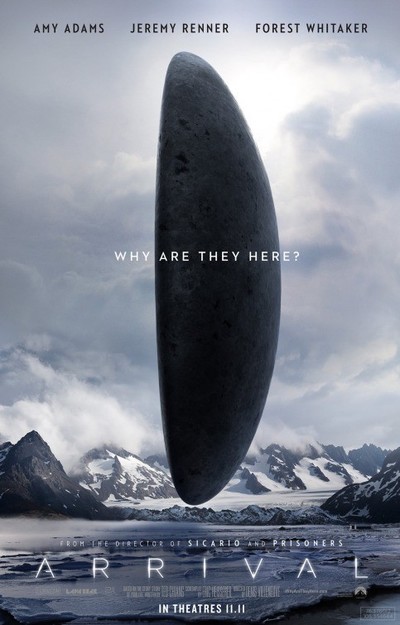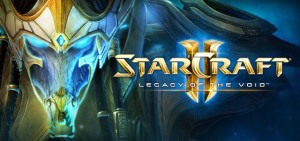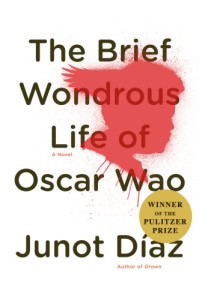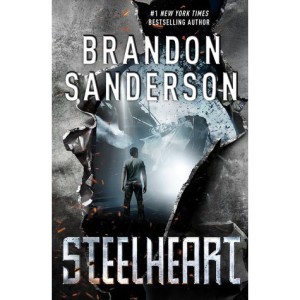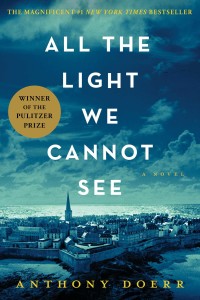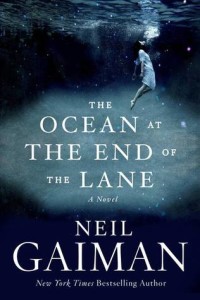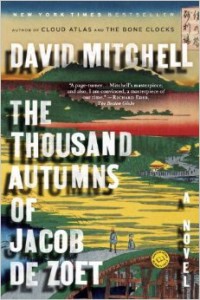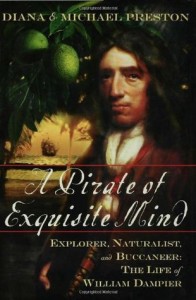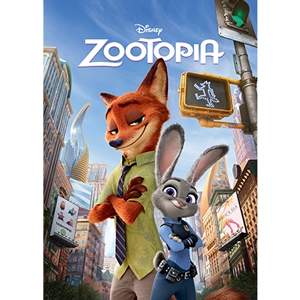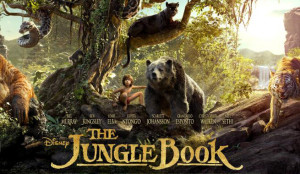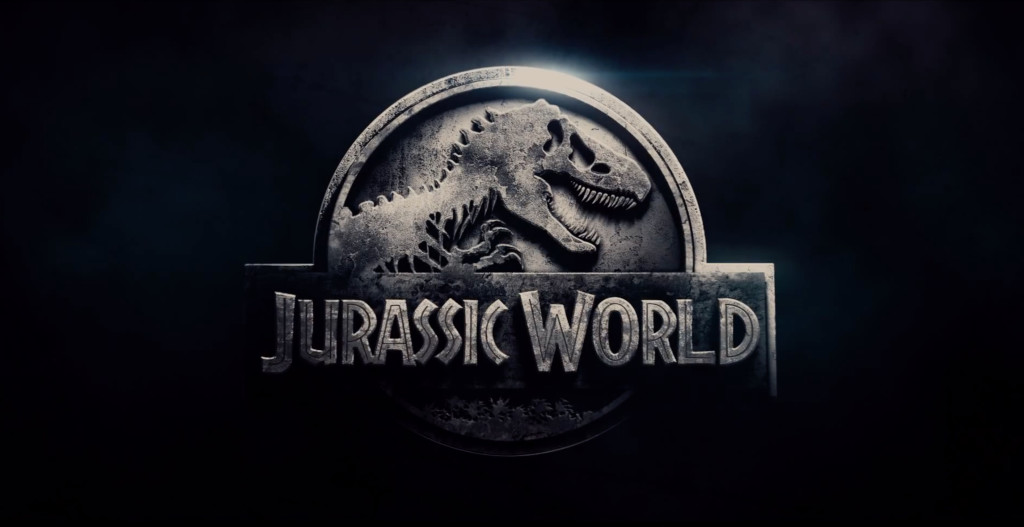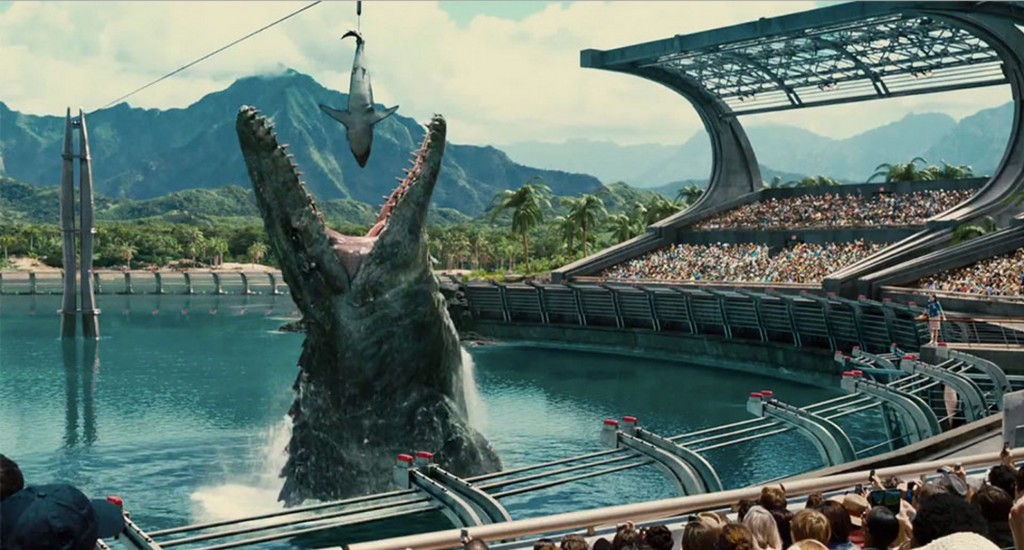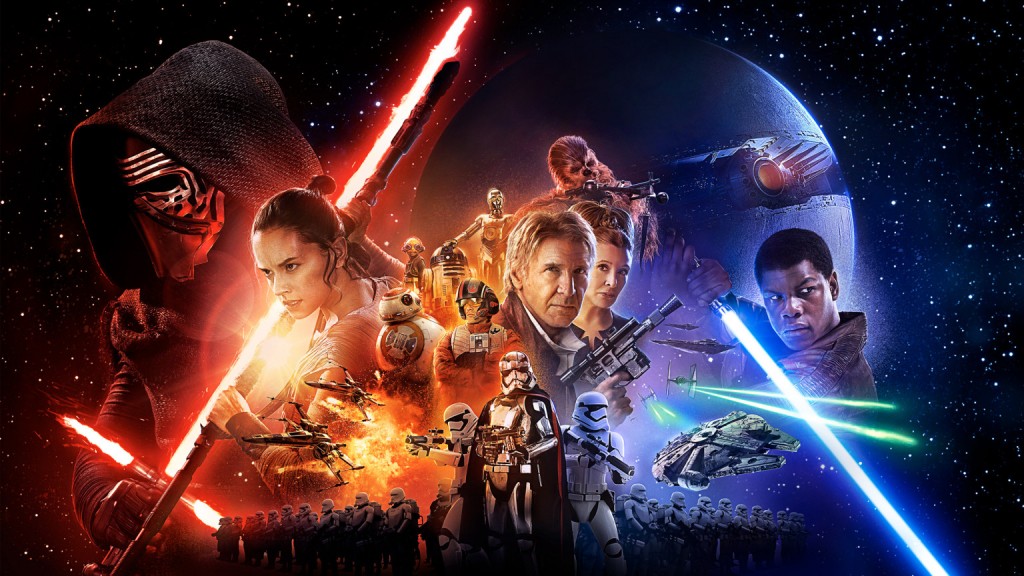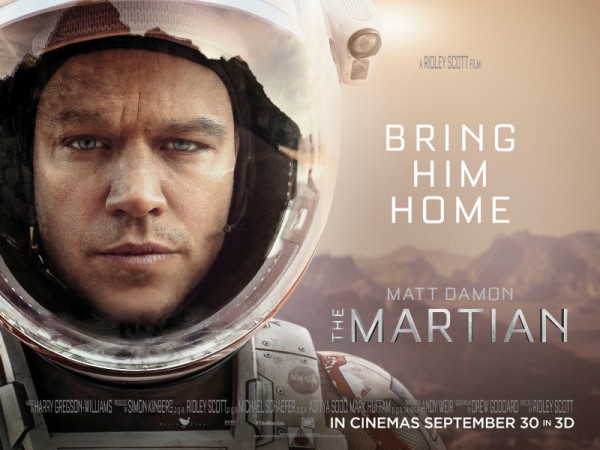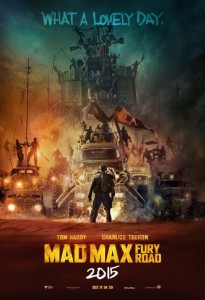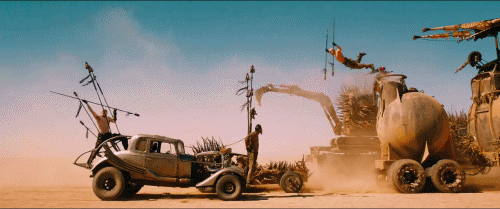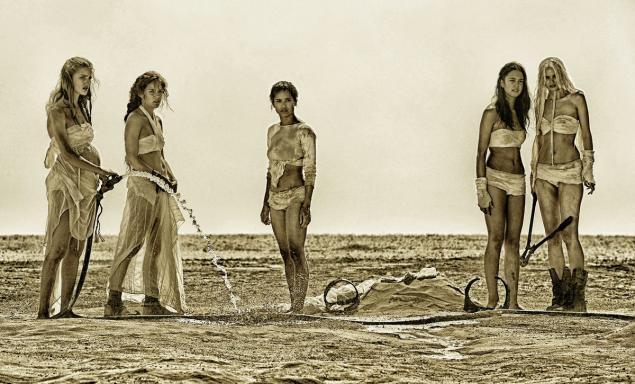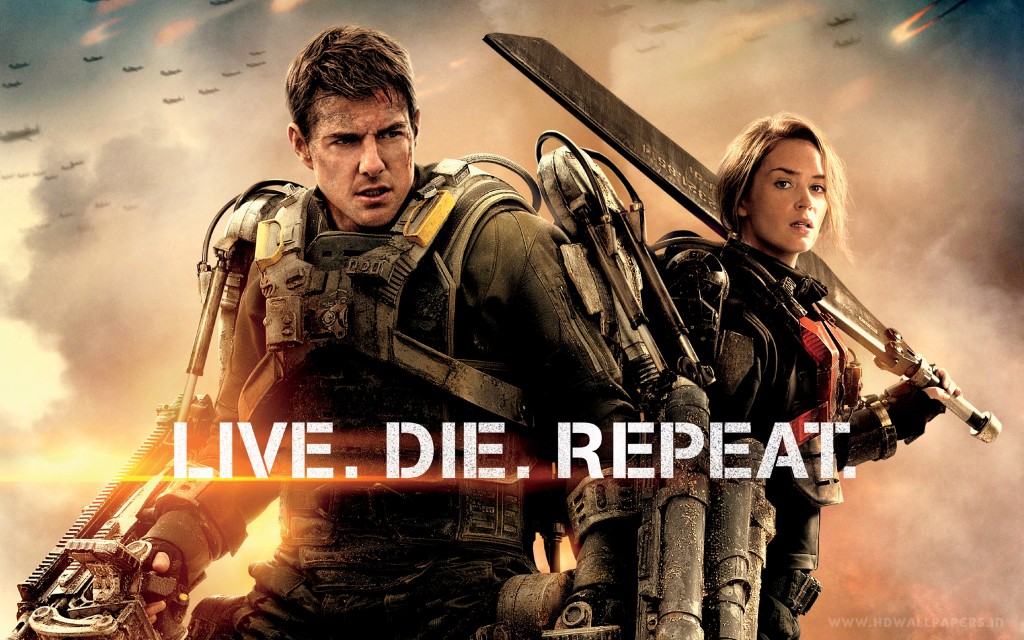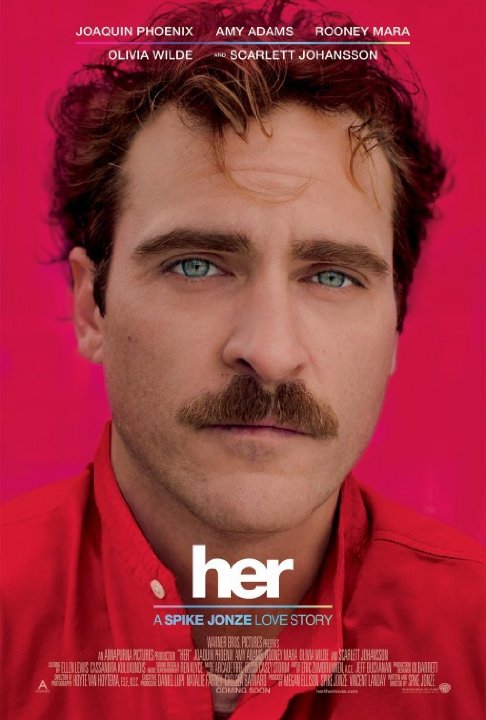It’s been a long time since I went to see a movie in the theater. The last one was Les Miserables; since then nothing has really piqued my interest enough to carve out a couple hours of my weekend to go see it. But Elysium looked awesome, so I made time today to go check it out.
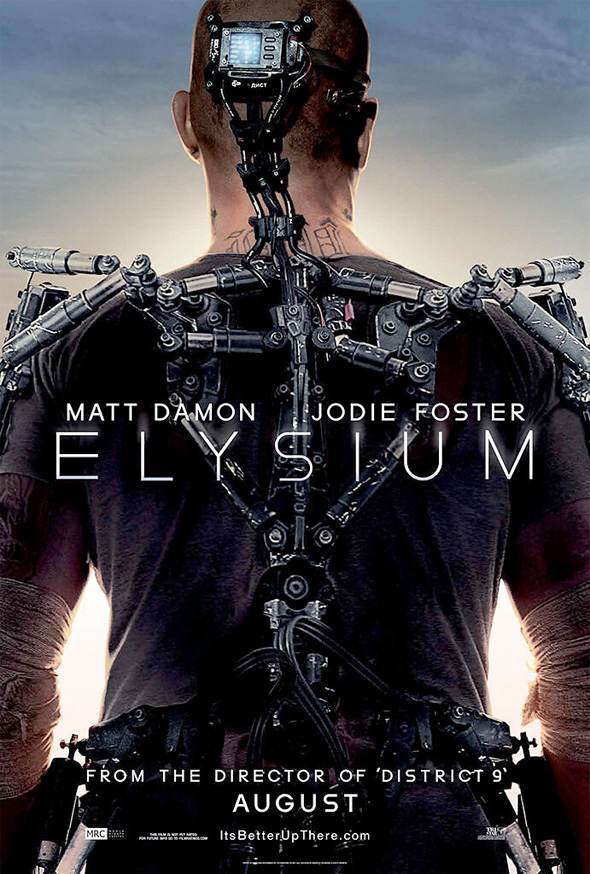
The premise behind the movie is this: all the rich people have left the earth and live on an orbiting space station paradise called Elysium. Up there, everything is wonderful, and every house comes equipped with a magical machine that can instantly cure any ailment, from cuts and bruises to terminal cancer and catastrophic injury. Meanwhile Earth is overcrowded and everyone lives in slums with little or no access to health care. The story centers around Max (Matt Damon), a worker from Earth who gets into an industrial accident and has days to live. So he needs to find a way to get to Elysium to get cured. On the other side, Jodie Foster plays the evil lady in charge of security on the station, and she is hell-bent on keeping “illegals” from coming up. She wants even more power, and so she hatches a scheme that will place her in full control of the station. From there, a lot of fighting and blowing things up ensues.
There was a lot of pressure for director Neill Blomkamp to make something that lived up to District 9, but Elysium had a vastly larger budget, and so inevitably, felt much more like a popcorn-munching big summer blockbuster, which is exactly what it is. Still, Elysium borrows a lot, stylistically, from District 9. It has the same gritty, dirty-looking future, and a proclivity for futuristic (but not too futuristic) guns that blow people apart in creative ways.
The design for the Elysium space station itself borrows heavily from early NASA plans for space colonies from the heady days just after Apollo, when it felt like we could do anything in space. Just take a look at this concept art from NASA:
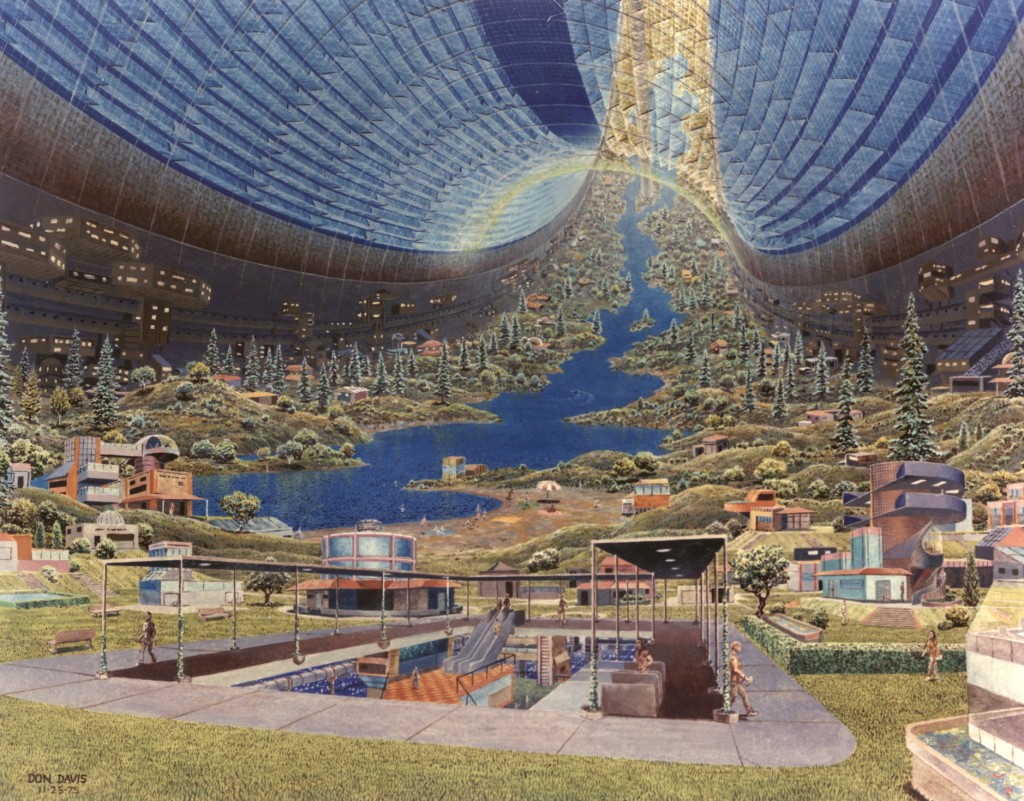
Now, compare it with these screenshots that I took from the trailer: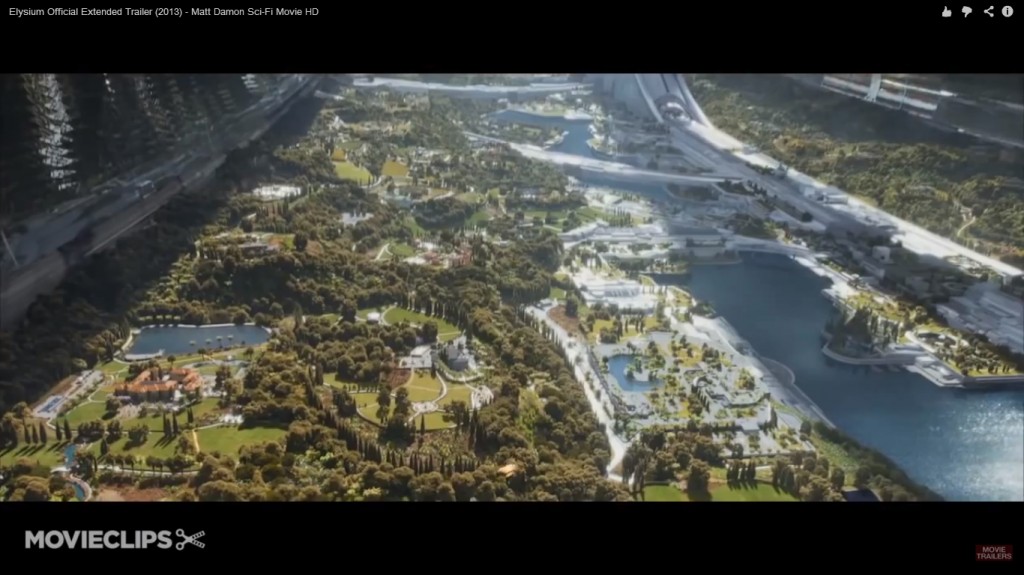
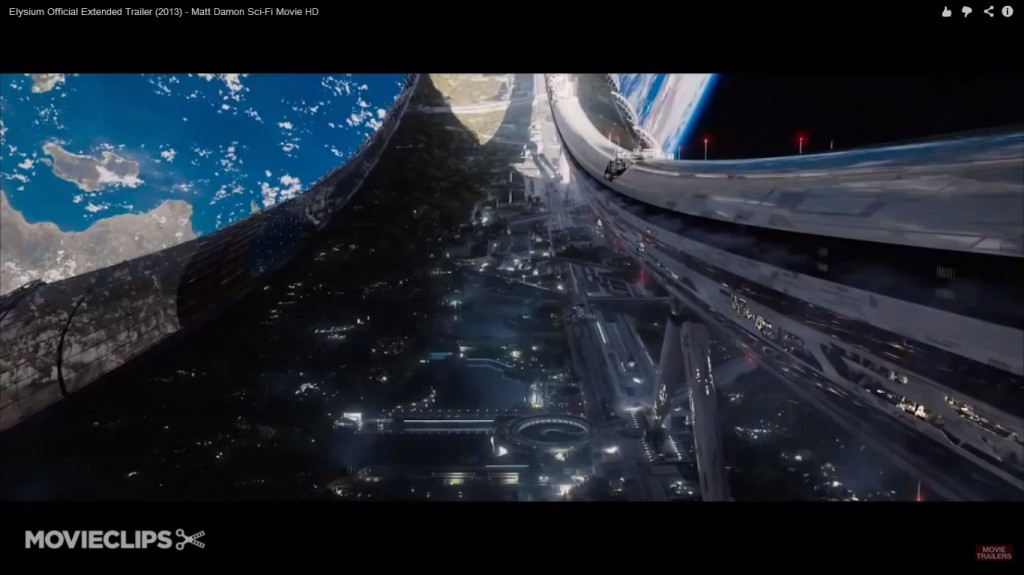
I went into Elysium expecting some heavy-handedness in terms of the message and got exactly what I expected: the movie is unashamedly a parable about inequality, particularly as it relates to health care, income, and immigration. Other than Matt Damon, the good guys are almost all Latino, so when they infiltrate Elysium and Jodie Foster is shouting about catching the “illegals”, it’s not exactly subtle.
But really, that’s ok with me. At least the movie has something to say underneath the heavy layer of special effects and action. Instead, my two main gripes with the movie are: 1.the science fictional ground rules aren’t established well enough, and 2. The villains aren’t fully developed characters.
I’ll warn you, I am going to get slightly spoilery at this point, so if you don’t read on, here’s the bottom line: Elysium is a fine action movie, and you should go see it, especially because it is not a comic book or a sequel to anything, and lord knows we need more originality in Hollywood. Just don’t expect profound philosophical examination of the issues raised by the premise. Do expect people being blown apart in creative ways and exciting fight sequences.
Ok. Now, on to my two main gripes. First: the science fictional ground rules. What I mean when I say this is that, in speculative fiction, the audience needs to know quite clearly what rules have been changed. What can happen in the fictional world that cannot (at least not yet) happen in our world. So in Elysium some things are clear: they have small car-sized craft that can launch into orbit, they have technology that can identifying every human being alive, they have medical pods on Elysium that can cure anything. The problem that I had was with the medical care on Earth. We’re told in no uncertain terms that they can’t “just cure” people on Earth, but it’s not exactly clear what they can do.
This ambiguity was frustrating when the main character got injured. For example, at one point he gets stabbed in the stomach. He stumbles to meet with the love interest, who is a nurse, and she slaps some gauze on his wound and hooks him up to an IV, and by the next day he is up and fighting again. That’s some pretty miraculous medicine in my book! Likewise, when he gets an exoskeleton installed, we are shown some wince-inducing views of staples and screws and bolts being tightened into his flesh and bones. Next day, he’s up and about!
But other characters on Earth don’t seem so invincible. Early on we are shown a pair of “illegals” who sneak onto Elysium to get the little girl’s broken legs fixed. So… broken legs require Elysium’s miraculous medical pods, but when Matt Damon breaks a limb, or has massive, body-wide surgery, he is fine in a matter of hours.
Likewise, much of the plot centers around technology that allows computer programs and other sensitive information to be stored in people’s brains. There is a security protocol activated on one of these files that has major ramifications for the plot, but it is not well explained, and if you think about it too much, it doesn’t make much sense.
That said, on to my other, more important issue with the movie: the villains. Jodie Foster did her best with what she was given, but we are given zero backstory on why she is such an evil person. Why does she want to use excessive force on “illegals”? Why is she so hate-filled? Spending even a little time exploring this would have made it easier to see things from her point of view, and the best villains are always the ones who are not just mustache-twirling caricatures, but actually have a method to their madness. A good villain is one who you can almost sympathize with, who you find yourself wondering what you would do in their shoes, given their past experiences. Alas, Jodie Foster’s character mostly just is evil so that the protagonists have someone to oppose.
The second villain begins as Jodie Foster’s henchman and if anything he is even more poorly developed. He basically just seems to be a crazy guy with access to military weapons and a desire to use them on people. It’s not clear why Jodie Foster likes using him and it’s not clear why he does what he does. Considering that he eventually takes over as the main villain, any backstory at all would have been helpful.
Both of my major gripes could have been easily addressed with just a little bit more time, and would have made the movie more satisfying. As it is, it feels like the movie is in a rush to get to the action scenes at the expense of the backstory that makes those scenes meaningful.
Still, I have to admit that I enjoyed the movie. Despite its flaws, it’s an above-average summer blockbuster. It may be heavy-handed, but at least it does have a message. And most importantly, it is not yet another freakin’ comic book movie or sequel or franchise reboot. By my count, 7 of the 12 movies at our local theater are sequels. Given the astonishing lack of originality in Hollywood these days, I was happy to do my little part in supporting some original science fiction. If you like dystopian sci-fi, and can handle gore and profanity, I encourage you to go give Elysium a try. It’s not perfect, but it’s at least something new.
